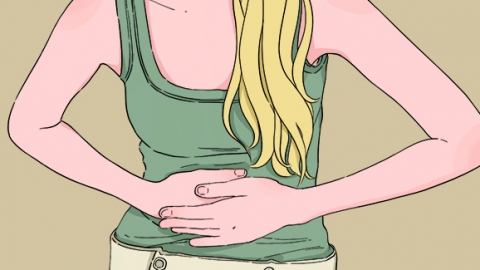Does an 18-year-old girl need treatment if her menstrual period is continuously not clearing up?
Generally speaking, whether an 18-year-old girl with persistent menstrual bleeding requires treatment depends on the specific symptoms present. The detailed analysis is as follows:

If prolonged menstrual bleeding occurs within 1–2 years after menarche, and the blood flow is not heavy and there is no significant abdominal pain or dizziness, immediate treatment is usually not necessary. During this period, ovarian function has not yet fully matured, and unstable hormone secretion can easily lead to irregular menstrual cycles and prolonged periods—an occurrence common during adolescence. Menstrual patterns typically become more regular with age. However, it is important to continuously monitor menstrual flow and physical condition, and keep track of changes in the menstrual cycle.
If menarche occurred more than two years ago, or if there is a noticeable increase in menstrual flow accompanied by dizziness, fatigue, abdominal pain, or prolonged spotting lasting several months, timely medical intervention is required. This may be related to conditions such as polycystic ovary syndrome (PCOS), endometritis, or hormonal imbalances. Prolonged bleeding can lead to anemia and increase the risk of infection; therefore, diagnostic tests are needed to identify the underlying cause before appropriate treatment is initiated.
In daily life, maintain good external genital hygiene, frequently change breathable underwear, and avoid strenuous exercise. Eat iron-rich foods to improve nutrition, maintain regular sleep patterns without staying up late, and keep emotions stable to support the restoration of a normal menstrual cycle.




